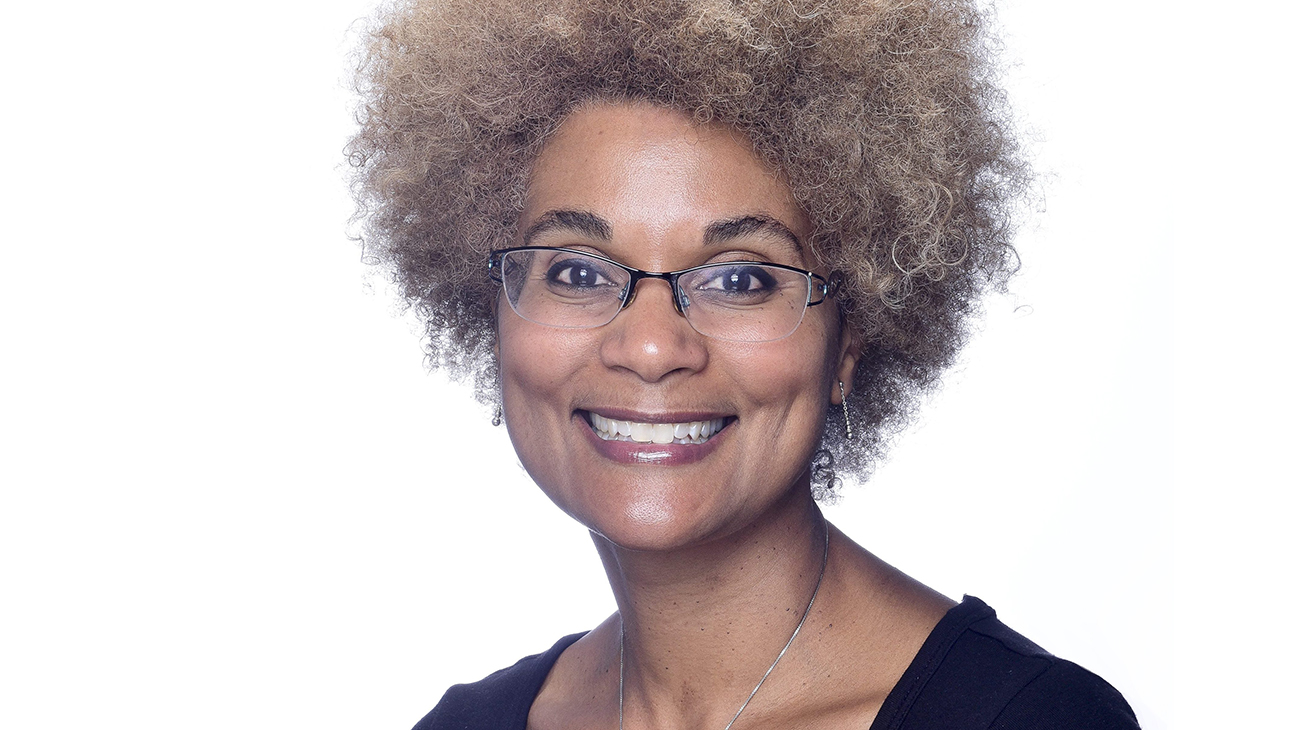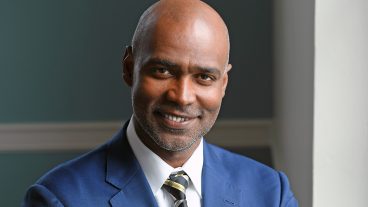In 2021, Maydianne Andrade joined Bob McDonald for a special edition of CBC Radio’s Quirks & Quarks, exploring the legacy of racism in science and how black scientists are moving the dial. Two years later, she’s back to reflect on what’s changed (and what hasn’t) since the Black Lives Matter protests, and her hope moving forward.
An award-winning teacher, researcher, and science outreach educator, Maydianne is the president of the Canadian Black Scientists Network, founder and co-chair of the Toronto Initiative for Diversity and Excellence (TIDE) at the University of Toronto, and the Canada Research Chair in Integrative Behavioural Ecology.
“At every level,” Maydianne said in her 2021 interview. “Black people are underrepresented, even more so in science, technology, engineering and math than in other fields.”
Today, Maydianne says there has been a lot of positive movement within the science community, especially when it comes to awareness of systemic racism and a greater willingness to learn more in order to make real change.
Read more from Maydianne in the Q&A below, as she explores the change and challenges Black scientists have faced over the last two years. As a keynote speaker, she illustrates the strength diversity brings to an organization, highlighting the harm caused by unconscious bias and providing techniques and solutions to resolve and mitigate those effects. Contact us to learn more.
Quirks & Quarks: Has the enthusiasm for change been sustained?
Maydianne Andrade: On the one hand, I feel as if it is true that people have shifted their gaze or their lens they use in looking at academic institutions. But on the other hand, much of the progress that has been made has sort of been ring fenced within so-called “EDI initiatives.” And I’m not against EDI — equity, diversity, and inclusion — as a standalone entity with people who champion that work, but really, if it isn’t integrated into the fundamental work of our institutions, it is the first thing to go when there’s a budget cut. It is always at risk of being considered extraneous. And in my experience, people are thinking about some of these initiatives as EDI initiatives rather than quality of science and innovation initiatives, and the latter is where I think these things should sit.
QQ: What are some of the challenges that still persist?
MA: Just to give you an example, our Canadian Black Scientist Network is hosting a conference, called the Black Excellence in STEMM conference. And when we write to institutions or organizations to ask if they want to participate in that conference, including sponsorship or a career fair, often that request gets sent to an EDI office, and the challenge with that is, we’re not a charity. We’re bringing to the table hundreds of qualified, skilled Black scholars who otherwise escape your gaze. And so just like you would sponsor the Society for Neuroscience and you would show up ready to find new recruits, that’s what we want as well. But that isn’t typically what happens unless we really fight for it.
QQ: So, is it more talk than action?
MA: I think it is people who recognize they should be doing something. Some people call it “performative” when you say what needs to be said but don’t necessarily act in line with those ideals. I don’t know if that’s true for everyone. In some cases, people don’t know what to do. In some cases, Canadians are still afraid to say Black. Some of that has changed, but not entirely. In other cases, it really is that this has been put into people’s job descriptions and either they don’t have the resources or the power to change things, or they feel that it is a loss of power for the statistically dominant group. And the latter is the most problematic of those scenarios that I’m describing.
QQ: So, it seems like you have both some good news and some not so good news about the changes in racism in science. What changes would you like to see happening over the next three years?
MA: I would really like to see efforts at ensuring that we make good decisions based on excellence, which is 100% what I’m talking about. I’d like to see the equity pieces of those infused throughout all of our processes rather than living with one particular person or with one particular department. So, remove this ring fence around EDI.
The other piece is I would like to see a shift in how our young people say they are experiencing our systems. And I say that because I was really floored by the response to our first Black Excellence in STEMM Conference, when young people, they were literally crying because they had never seen more than one Black person at a conference, some of them in their entire professional lives, and that was sending them a message. So representation is important and it matters, and changing our systems can be done, but we need to actually do it.
QQ: And do you think that’s truly possible?
MA: I do think it’s possible, and I think it’s possible because I basically believe in the goodness of my colleagues. I do actually think that most of my colleagues are people of good will who want to do things the right way, who want to be on the side of justice. I just wish more of them had the courage to do what’s necessary, even if it makes them uncomfortable, and even if it means decentering their own experience to some extent.
Contact us to learn more about Maydianne Andrade and what she can bring to your next event as an expert on creating equitable workplaces.




